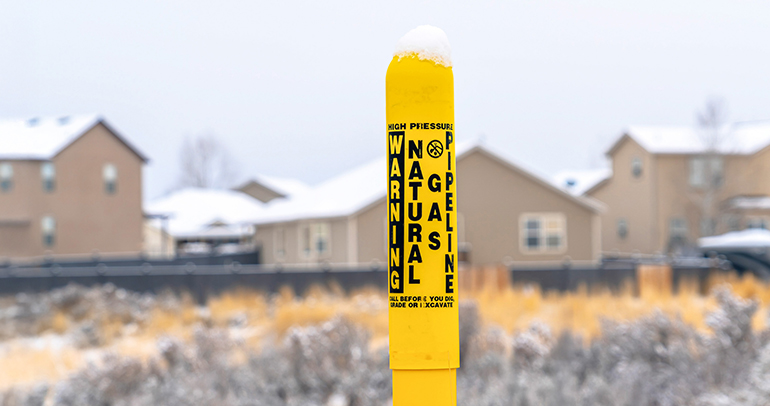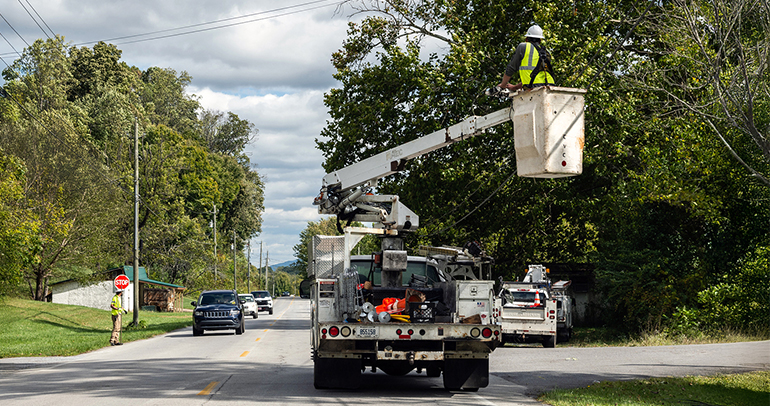
It is not a secret that energy utilities need to focus on strengthening customer relationships through brand and product efforts as brands like Tesla, Apple and Google are increasingly building consumer mindshare in the energy space. The good news is that utilities can reap dividends almost immediately by tapping into consumer demand for new energy technologies via a utility marketplace. Our energy industry research shows that utility marketplaces are the number one way utilities can improve their reputation and brand. In addition, marketplaces allow utilities to support demand-side management programs, improve customer experience and develop new revenue streams.
What makes a Utility Marketplace Different?
Utility marketplaces are different than traditional online marketplaces such as Amazon and eBay, and are not meant to compete directly with those retailers. While utility marketplaces do offer the ability to buy products, their value comes from personalizing the experience and integrating the broader universe of incentives and services offered by the utility and third parties. Specifically, utility marketplaces allow customers to easily access utility offerings like rebates and rates, and potentially give customers more insight and control over their energy expenses and the size of their carbon footprint.
Successful marketplaces make it easy for customers to select products that fit their needs and budget. For example, in one transaction they can purchase a smart thermostat, enroll in a demand response program, and redeem an energy efficiency rebate via an instant discount. This level of streamlined service helps position the utility as an advocate for the customer. It also allows the utility to personalize its service to customers’ energy needs, a key opportunity for improving overall customer engagement.
Proof that Utility Marketplaces Work
Customer experience research reveals customers who use marketplaces have a significantly more positive perception of the utility that serves them. According to Escalent’s Utility Trusted Brand & Customer Engagement™: Residential customer experience study, marketplace users have customer engagement scores 13% higher than average. Customers particularly appreciate that marketplaces make it easier for them to do business with their utility, help them cut their energy costs and benefit the environment, among other attributes. Despite these benefits, less than half of customers nationwide have access to a utility-branded marketplace, and just one in 20 customers report actually using one. However, eight in 10 say they’d be interested in using one which shows the magnitude of the opportunity for further promotion and deployment of marketplaces across the industry.
Escalent’s data shows that marketplaces are one of the most effective ways that utilities can proactively build deeper relationships with customers. Knowing this, Escalent has partnered with Uplight, a premier utility marketplace provider, to provide a primer on utility marketplaces and their benefits. Click below to get the white paper, The Power of Utility-Branded Marketplaces.









